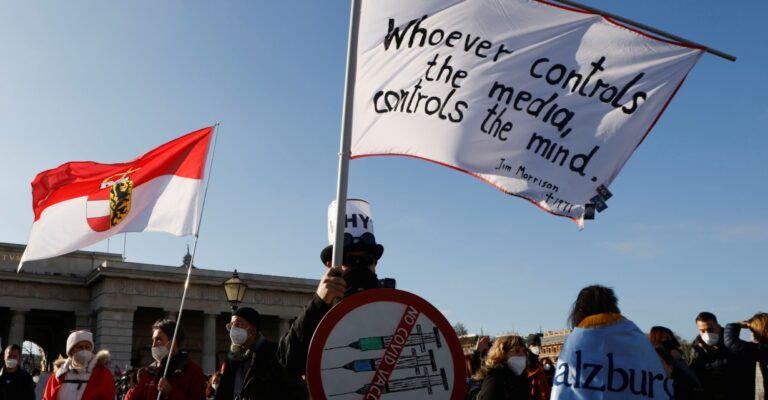
Australia will allow foreign visa holders to enter the country from the start of December, Prime Minister Scott Morrison said on Monday, as it takes further steps to restart international travel and support the economy.
Australia shut its international border in May 2020 and allowed only restricted numbers of citizens and permanent residents to enter in a bid to curtail the spread of COVID-19.
The rules were relaxed in recent weeks to allow foreign family members of citizens to enter, and Morrison said this will be scaled up from Dec. 1 to allow vaccinated students, business visa holders and refugees to arrive.
“The return of skilled workers and students to Australia is a major milestone in our pathway back,” Morrison told reporters in Canberra.
Australia will also allow in vaccinated tourists from South Korea and Japan from Dec 1, he said.
The return of foreign students, who are worth about A$35 billion ($25 billion) a year to the Australian economy, will be a major boost for the education sector.
Many Australian universities have come to rely on foreign students and the border closure led many higher education facilities to lay off hundreds of staff.
A group of international students arrived in Australia from Singapore on Sunday after a travel bubble between the two countries came into effect.
Border rules, swift lockdowns and tough social distancing rules helped Australia to keep its coronavirus numbers far lower than many other comparable countries, with around 200,000 cases and 1,948 deaths.
Most new infections are being reported in Victoria state, which logged 1,029 cases on Monday. New South Wales, home to Sydney, reported 180 cases. Other states and territories are COVID-free or have very few cases.
Meanwhile, Austria powered down public life on Monday as its fourth national COVID-19 lockdown began, making it the first western European country to re-impose the drastic and unpopular measure this autumn in the face of surging coronavirus infections.
This lockdown is similar to previous ones but is the first introduced since vaccines became widely available. Most places people gather, like restaurants, cafes, bars, theatres, non-essential shops and hairdressers cannot open their doors for 10 days initially and maybe as many as 20, the government says.
Christmas markets, a big draw for tourists that had only just begun to open, must also shut but, in a last-minute change, ski lifts can remain open to the vaccinated. Hotels will, however, close to tourists not already staying there when the lockdown began.
“It is a situation where we have to react now,” Health Minister Wolfgang Mueckstein told ORF TV on Sunday night.
“A lockdown, a relatively tough method, a sledgehammer, is the only option to reduce the numbers (of infections) here.”
The conservative-led government imposed a lockdown on the unvaccinated last week but daily infections kept extending far above the previous peak reached a year ago and intensive care beds are running short.
On Friday, the government announced it was re-imposing a full lockdown as of Monday and would make it compulsory to get vaccinated as of Feb. 1, a step few countries have taken.
People can leave their homes for a limited number of reasons like going to work or buying essentials. Going for a walk is allowed with no limit on time or distance. Only one person from another household can be met at a time.
Workplaces and schools will stay open, but the government has asked parents to keep their children at home if possible.
(REUTERS)






